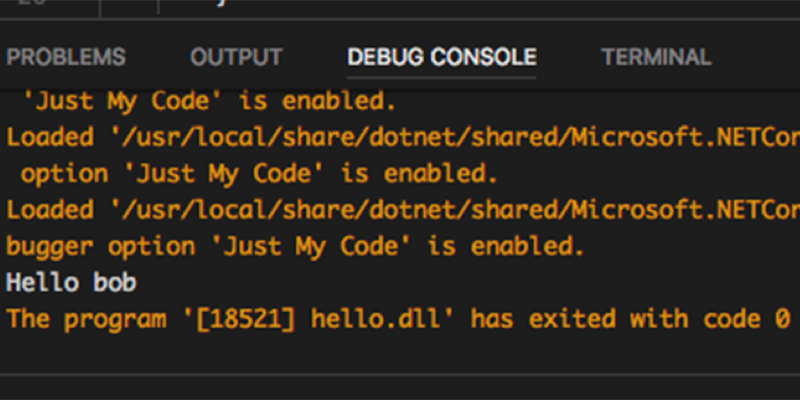Category: Software Engineering

A Website without Servers – Using Azure Functions Part 3
In part 2 of this series, we learned how to set up source control for an Azure Function project. Now we are going to learn how to do it a better way, and probably the way you want to do it. Previously, we learned how to link a VSO source control location project with our…
Read more…

Unit Testing Private Methods
Unit tests are great! Encapsulation is great! When writing testable code, sometimes you come across a situation where you want to test private methods. Before implementing any solution, please think about why you are wanting to test a private method and whether it should be tested. If you still would like to test your private…
Read more…

A Website Without Servers – Using Azure Functions: Part 2, Source Control
In Part 1 of this blog series, we set up some basic pieces for our engineer fashion application. In Part 2, we are going to add some source control to the process. Why source control? If step 1 of software development is having a plan, then step 2 is implementing some kind of source control…
Read more…

A Website Without Servers – Using Azure Functions: Part 1, Introduction
Why Azure Functions? Azure Functions provide a quick spot to drop some simple service code. Think of them as services without the hassle. No VS projects. No builds. Just go. Azure Functions are not a great technology for everything, but for services that contain simple logic they are probably okay. The biggest drawback to Azure…
Read more…

Legacy Application Wrangler
/* This post is part of a series about what we cover in our Software Design and Development Clinics, a 1-week series of classes where we dive into various aspects of software design and development principles. Legacy application migration is a core focus of this class. Learn more at http://dontpaniclabs.com/education/. */ We have never done any…
Read more…

Getting Started with Azure Cosmos DB, Part 4 – Partition Keys
We have gone through quite a bit of Azure Cosmos-related posts the last few weeks, but we have skipped over the concept of partition keys in almost of the queries we have covered. Ignoring the partition key is probably fine for these small data sets, but for real workloads we should probably think this through….
Read more…

Getting Started with Azure Cosmos DB, Part 3 – SQL Queries
In my first post, we performed some really basic CRUD queries against Azure Cosmos DB. In my second post, we went a little deeper and refined our queries. In this post, we are going to be using SQL to query Cosmos. Yep, SQL. First, we will rewrite our count method. Previously, we did something that…
Read more…

From Educator to Software Engineer, Part 2 – Interviews and Interns
Make sure to check out part 1 of my series if you haven’t done so yet. I am a 30-year-old developer finishing my first year as a software engineer. I didn’t get where I am by any traditional means, but I’ve learned some things along the way that might encourage someone to follow their interest…
Read more…

Getting Started with Azure Cosmos DB, Part 2 – More Advanced Queries
Our first post covering Azure Cosmos DB was pretty basic. If you noticed, our READ query was always returning all results. So even if we wanted to find a single item, we had to return all of the items. That plan has obvious problems. If we look at the code below, we can see that…
Read more…

Get Started with .NET Core 2.0
.NET Core 2.0 is finally out, which finally closes the loop and create a very usable .NET Core. This quick blog post is a quick start for .NET Core 2.0. 1. Install VS Code. 2. Install .NET Core 2.0. 3. Fire up terminal. 4. Create a new solution. 5. Create a console application. 6. Add…
Read more…